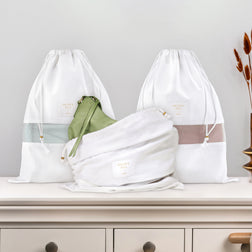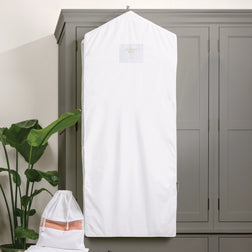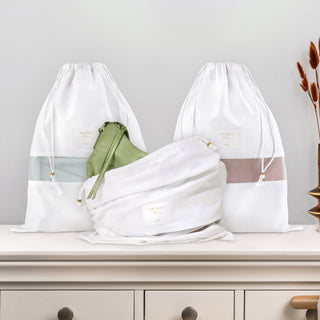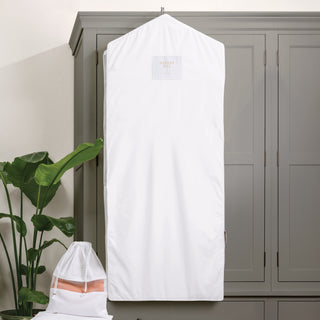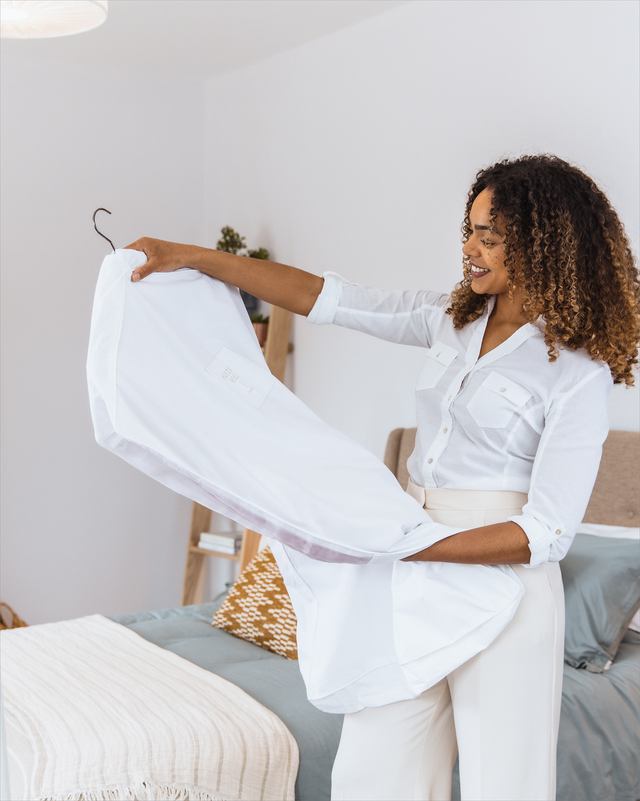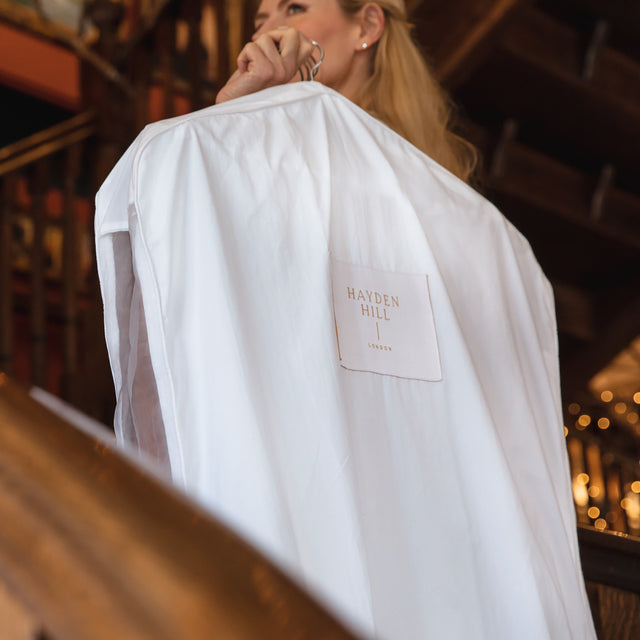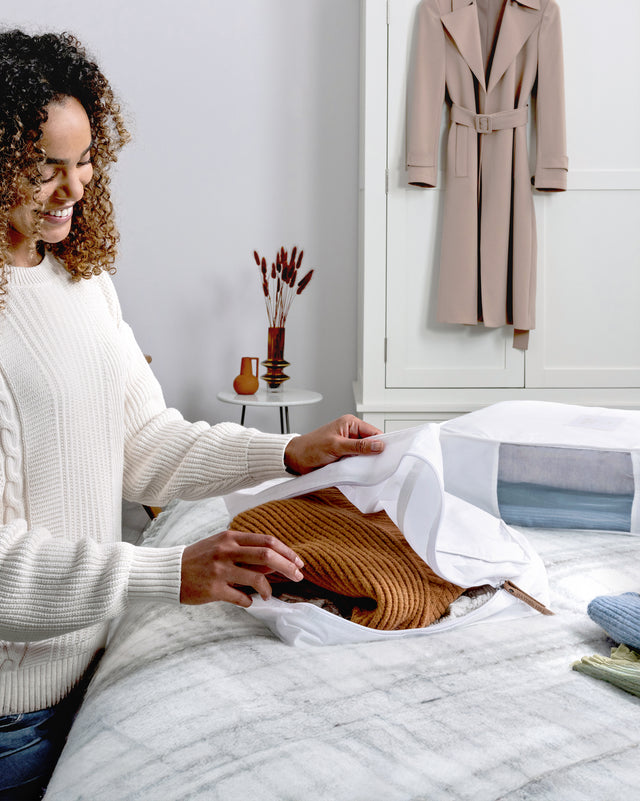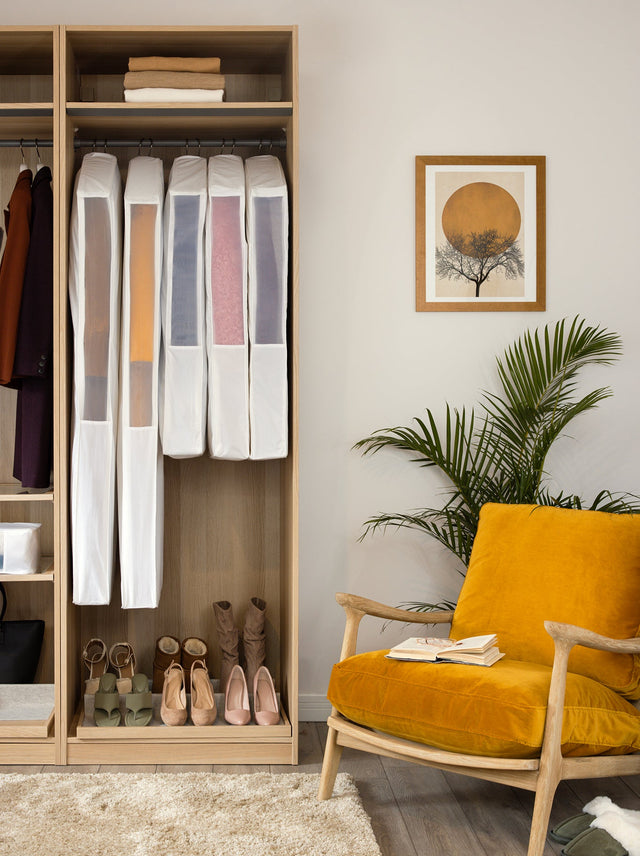Both hemp and linen are luxurious materials that are comfortable to wear and environmentally-friendly. You can feel great about selecting either one for bedding or clothing. Surprisingly, hemp and linen are also very similar fabrics, which is why it can be difficult to choose between them.
With the growing popularity of sustainable fashion, hemp and linen have generated a lot of buzz as two environmentally-friendly alternatives to polyester and other synthetic materials.
But when you are shopping for new clothing or bedding, how do you know which to choose? Do you choose ? It helps to understand how hemp and linen differ, so you’ll be able to decide which will best fit your needs.
What is Hemp?
Hemp is a textile that is produced from the fibers in the stalks of Cannabis sativa, a plant that has a variety of uses. One strain is cultivated for textiles and used to make hemp.
The stalks of the hemp plant have thick, rope-like fibers and an inner pith. The exterior layer is what farmers gather to make textiles. The inner pith is used for building materials, fuels, and bedding.
What is Linen?
Linen is produced from the fibers of the flax plant and has a long history. There is evidence that linen was popular in ancient Egypt and ancient Greece.
The fibers from the flax plant are thick, resilient, and supple—like cotton but more dense. Garments made from linen are ideal for wear in hot, humid climates, because linen dries quickly and reduces heat retention.
Hemp vs Linen: What Do They Have in Common?

When trying to choose between linen vs hemp, there are several things they have in common. Both hemp and linen are wonderful natural alternatives to synthetic fabrics like polyester and also cotton (unless it is organic).
Hemp and linen have many similarities:
- They are both naturally lightweight and breathable materials. Hemp and linen facilitate moisture wicking, so perspiration sheds from the skin, leaving your feeling cooler, even on the hottest days.
- In cooler weather, the hollowness of hemp and linen fibers make them great for insulation. You will feel warm and snug in either linen or hemp clothing.
- They are durable fabrics that last for many years.
- Linen and hemp become even softer with repeated use and washing. Here is an article on can you wash linen?
- Hemp and linen are biodegradable.
- Both fabrics contain antibacterial properties that make them resistant to moths, dust mites, fungus, mold, and mildew.
- Hemp and linen are hypoallergenic fabrics.
- Both hemp and linen dye easily.
Linen vs Hemp: How Are They Different?
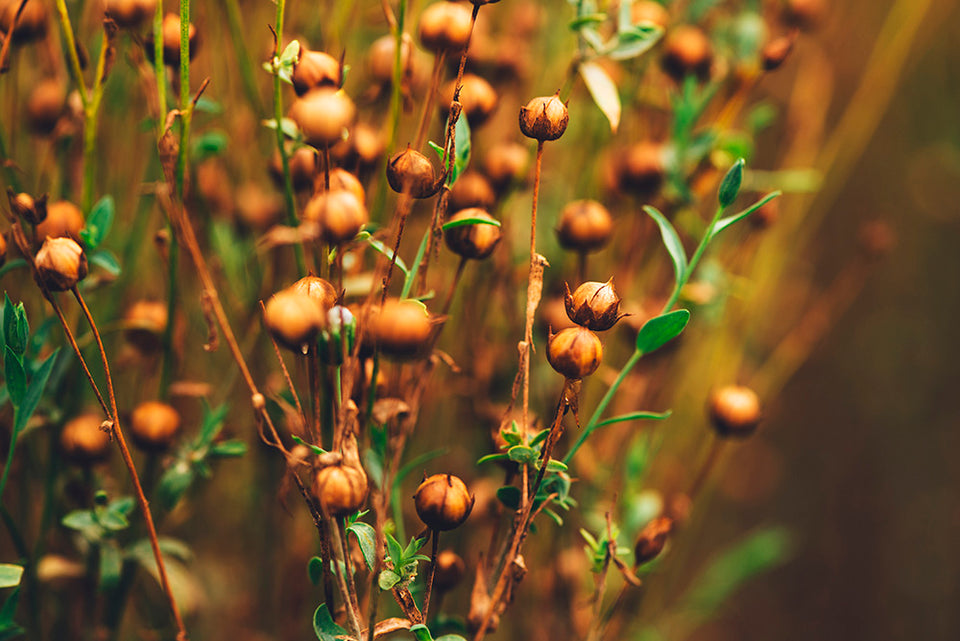
These differences between hemp vs linen will help you decide which is better for your unique needs:
- Strength. Hemp fibers are longer than flax fibers, which makes it eight times stronger than linen.
- Longevity. Hemp has a much longer shelf-life than any other textile on the market.
- Elasticity. Linen has greater elasticity than hemp. In fact, hemp is the least elastic of all natural fibers.
- Sun exposure. If you need a material that can withstand sunlight, hemp is the better choice. It is UV-resistant and will not fade from sun exposure.
- Pesticide use. Since flax plants are not as hardy as hemp, they can be easily overcome with weeds. This means that herbicides and pesticides are often used on flax crops, oftentimes depleting the soil. However, hemp is resistant to both weeds and insects, so no chemicals are used on the crop.
- Resource use. The downside to hemp is that it requires a lot of resources to grow. Nitrogen, potassium, and phosphorus are as essential to a healthy hemp crop as water. Flax, on the other hand, requires little nutrients and water to grow.
- Biodiversity. Hemp provides far more biodiversity than flax and attracts bees.
- Availability. Linen is usually easier to find than hemp. You can easily find linen clothing and bed sheets, while hemp is still gaining momentum.
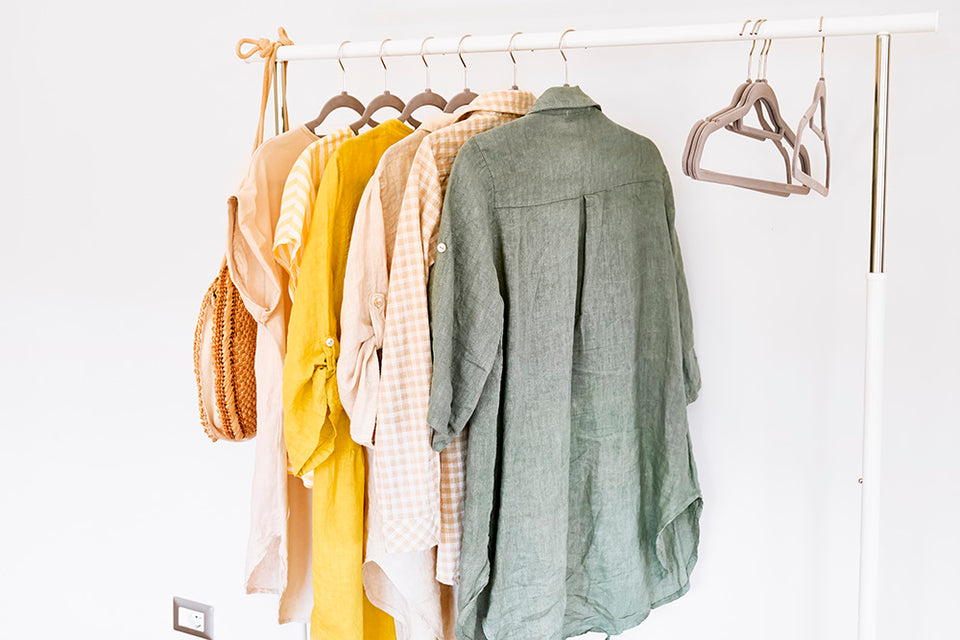
The Environmental Impact of Hemp vs Linen
As you can see from the differences above, both crops can affect the environment. If you want sustainable clothing, understanding how each one impacts the world is important.
Hemp can improve soil conditions. While it’s a hungry plant, hemp does not deplete the soil and can be replanted in the same place year after year with no need for crop rotation.
Linen, however, can strip nutrients from the earth quickly. Because of this, a field of flax is used for about 4-5 years before the soil is depleted. And if land used for flax is replanted with wheat, the wheat grows slowly. Hemp, however, can bolster the growth of wheat by 20%.
Hemp is Much More Sustainable Than Linen
Hemp is also a very productive crop. On average, an acre of hemp will produce about 5,000-6,000 pounds per year. In comparison, an acre of flax yields about 1,200-1,400 pounds per year.
What is more surprising is that both plants grow at about the same rate. So, for hemp to significantly outweigh flax says a lot about hemp. A farmer can use far less land to produce a large amount of hemp.
The Textile Characteristics of Hemp vs Linen
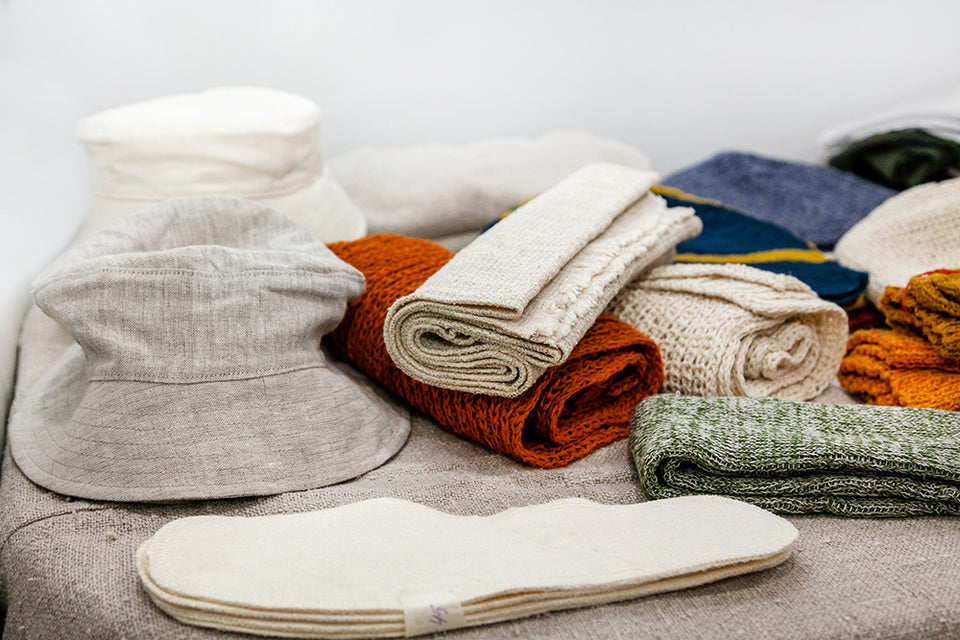
A debate about hemp vs linen cannot be settled without first talking about the materials.
Hemp is UV, mildew, mold, and pest resistant, which make it a great option for sheets and clothing. Linen, unfortunately, can form mold and mildew when stored incorrectly. To store both your linen and hemp items we recommend garment storage bags.
Linen does hold less moisture though. Hemp holds around 12% moisture, while linen holds around 10%, but the difference is negligible.
There is also the problem of wrinkles; linen is notorious for wrinkling. In fact, linen will wrinkle in the same place over and over, and there is very little you can do (iron or steam) to prevent it. Hemp also easily creases, but not as badly as linen.
When deciding whether to buy hemp or linen sheets, there are many similarities. Both will become more cozy with washing, but you must not expose either material to high temperatures or place them in the dryer. This will accelerate wear and tear.
FAQs
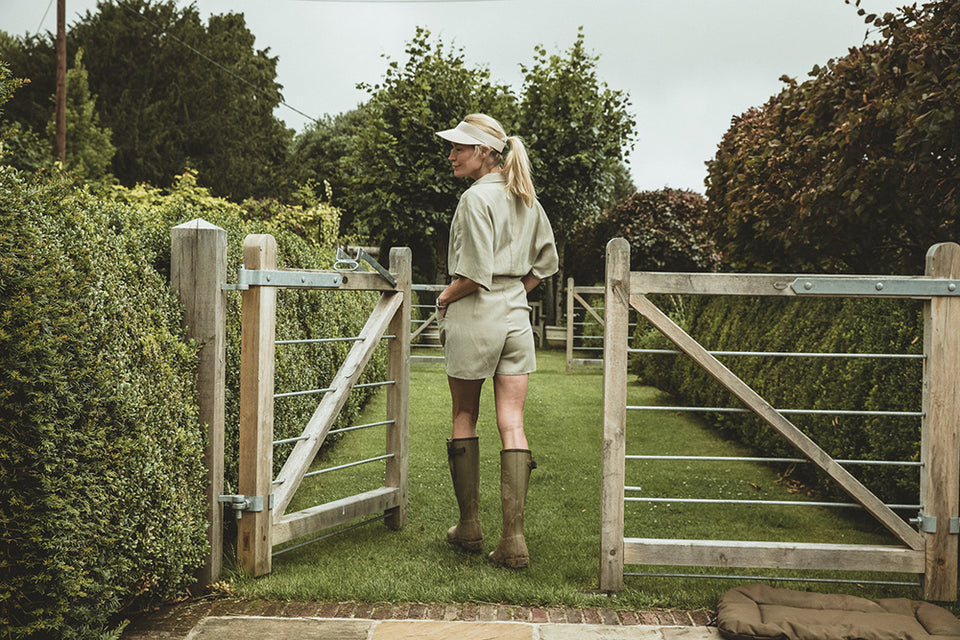
Is hemp better than linen?
In terms of sustainability, hemp is the clear winner. Hemp requires far less land to grow, and it does not negatively impact soil quality. Furthermore, plants and animals (like bees) tend to prefer hemp plants over flax. However, both are far more favorable for the environment than synthetics and non-organic cotton.
In terms of textile quality, hemp and linen tie. There are far more similarities than differences, so you should choose the one you most prefer.
Is hemp cooler than linen?
No, both hemp and linen are equally breathable. Linen holds a little less moisture than hemp, but they both have amazing insulating qualities. In the summer, both linen and hemp will keep you cooler than cotton.
What are the disadvantages of hemp fabric?
Hemp is an acquired taste. The texture of it is a little rougher than cotton or linen, and it wrinkles easily. You need to be careful when washing and drying hemp, since it will crease.
Does hemp crease like linen?
Yes, hemp does crease like linen. While linen tends to wrinkle more easily than hemp, both materials will crease faster than cotton. There are ways to counteract the wrinkling, however. So long as you take care washing and drying your hemp fabrics, you should have no problem keeping them almost wrinkle-free.
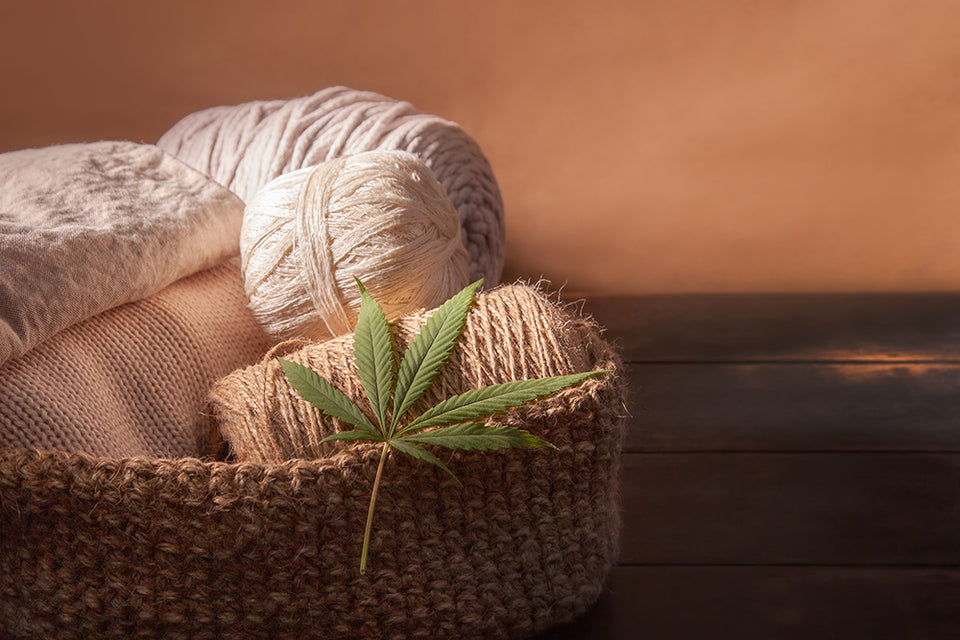
Both hemp and linen are luxurious materials that are comfortable to wear and environmentally-friendly. You can feel great about selecting either one for bedding or clothing. Surprisingly, hemp and linen are also very similar fabrics, which is why it can be difficult to choose between them.
In the end, only you can decide what matters most to you– softness, sustainability, availability, etc. With two favorable options like these, you can’t make a wrong choice.
